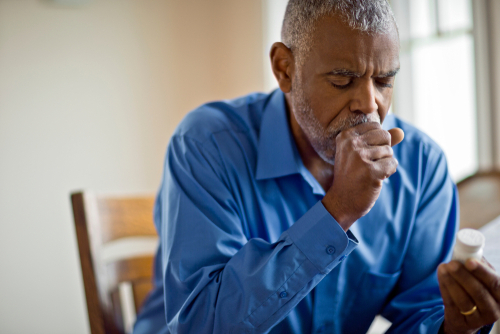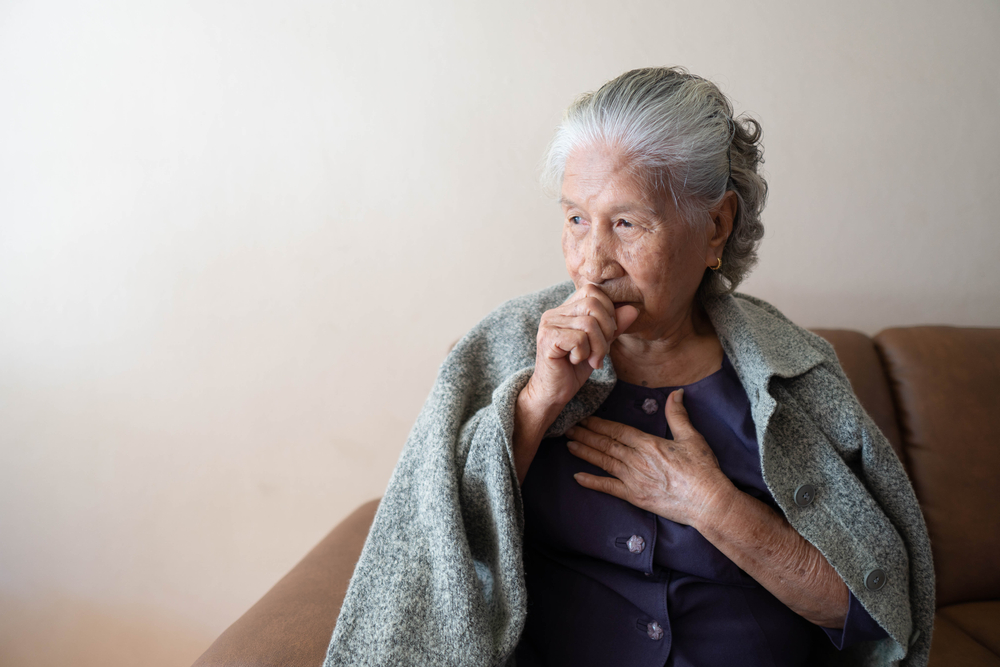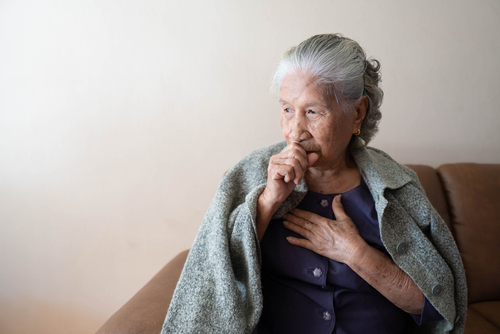Elderly Pneumonia Survival Rate
Category:

Pneumonia is an infection of the lungs caused by bacteria, fungi or a virus. It causes the air sacs in the lungs to fill up with fluid, leading to coughing, a fever, chills, and trouble breathing. Pneumonia is particularly dangerous for the elderly, and is frequently cited as the fifth leading cause of death in seniors.
Elderly Pneumonia Survival Rate
Pneumonia is dangerous for the elderly. As many as 30% of individuals treated in a hospital for pneumonia die from it, making the chances of an elderly person surviving pneumonia around 70%. This is due to a variety of reasons. Seniors tend to have a weaker immune system than those under the age of 65 simply due to age. They may also have other pre-existing conditions that make it more difficult for their body to fight infection.
Additionally, determining the cause of pneumonia is a factor in treating it. Pneumonia caused by a virus cannot be treated, and a sick individual just has to manage the symptoms and rest in order to recover. Pneumonia caused by bacteria can be treated with antibiotics once the type of bacteria that caused the infection is determined. So pneumonia can be cured in the elderly, but it is challenging.
Elderly Pneumonia Recovery Time
Pneumonia recovery time for the elderly is between six and eight weeks. There are some steps you can take to help your elderly loved one’s recovery stay on track:
-
Carefully monitor symptoms. If there is any indication symptoms are worsening, contact the doctor as soon as possible.
-
Assist with transportation to doctor’s appointments and picking up medications.
-
Help your senior loved one manage medications. It is difficult to keep track of all the medication a senior person might need on a normal day, and it becomes harder when you are tired from being sick and have extra medicine to manage.
-
Help with household chores and cooking meals so the seniors can spend the majority of their time resting.
-
Keep an eye on oral hygiene. Reducing bacteria in the mouth can reduce the chances of bacteria getting into the lungs.
Long-Term Effects of Pneumonia in the Elderly
While pneumonia is not always fatal in the elderly, it can have some long-term effects. One in four seniors who were hospitalized with pneumonia suffered from mild to moderate cognitive impairment related to memory and attention span. Others saw an increase in depression, possibly related to lengthy hospital stays. Additionally, some seniors who were diagnosed with pneumonia saw long-term lung damage.
The best way to avoid complications from pneumonia is to avoid getting pneumonia at all. Other than hand washing and maintaining good overall health and hygiene, the best way to avoid pneumonia is through vaccines. The flu and Covid-19 are the two illnesses that most often lead to pneumonia, so keeping your flu and Covid-19 vaccines up to date is extremely important to prevent pneumonia.
Subscribe
Date: 2022-07-28
Category:


